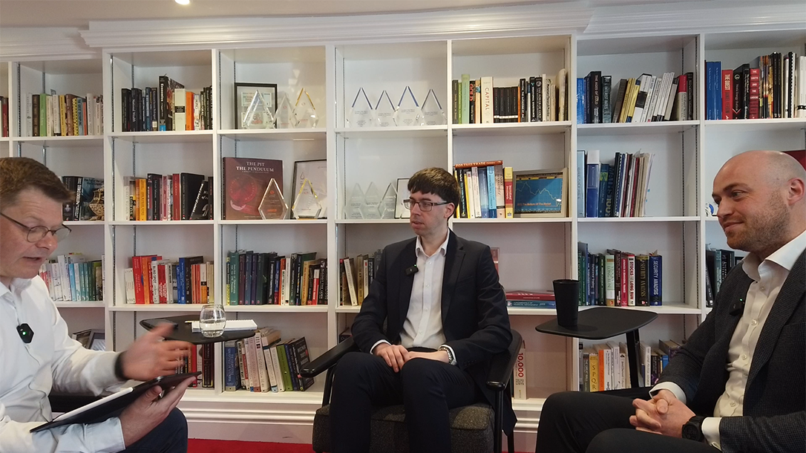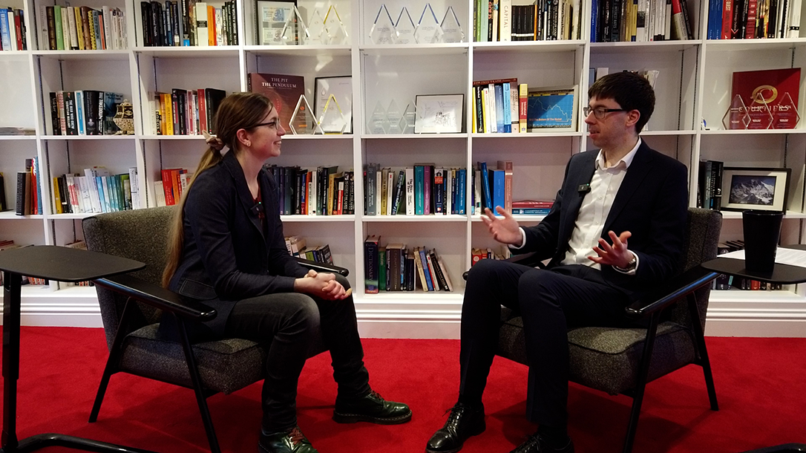UK personal credit firm Provident Financial suffered a mighty fall in value last month after it issued a statement revealing that its expected earnings for the year had fallen from a profit of £60 million to losses of £80 – £120 million. On the day of its announcement the company’s share price fell from 1,745p per share to 589.5p per share – a drop of around two thirds. This sizable reduction in value was enough to expel Provident Financial from the FTSE 100 during the index’s quarterly review. Royal Mail has also been demoted from the FTSE 100 index, while the two replacements are property developer Berkeley Group Holdings and healthcare chain NMC Health.
Cash is becoming a less popular investment for individuals and their savings. Figures released last week by HMRC show that the amount of money put into cash Individual Savings Accounts (ISAs) dropped by nearly a third to £39.2 billion in the 2016/17 financial year. This is mainly due to persistently low interest rates; the UK base rate has been at a record low 0.25% for a year now. In the last couple of years, as inflation has risen, the real return offered by cash ISAs has turned negative.
The pound has reached its lowest level against the euro for nearly eight years. On 29th August the value of the pound dropped as low as 1.0745 euros – the lowest it has been since October 2009. This is largely due to strong economic outlooks in the Eurozone area, leading to the euro rallying against the pound by more than 10% since April.
August was a topsy-turvy month for equity markets. In the UK, the FTSE 100 index rose +1.63% while medium and smaller companies measured by the FTSE 250 (ex IT) index and the FTSE Small Cap (ex IT) index moved +0.30% and -0.65% respectively. In the US, the S&P 500 index gained +0.31% while in Europe the Eurostoxx 50 index slipped -0.70%. Japanese equities, measured by the Topix index, declined -0.05%.
Emerging markets performed better than their developed counterparts. The MSCI EM (Emerging Markets) index saw an increase of +2.15%. Chinese equities, represented by the MSCI China index, surged +4.40%. Latin American equities measured by the MSCI EM Latin America GR index picked up +4.57%. However the IISL Nifty index, which measures Indian equity returns, lost -1.58%.
Global bond returns were positive during the month. UK government bonds, measured by the FTSE Gilts All Stocks index, gained +1.89%, and long dated (over 15 years to maturity) gilts gathered +3.43%. In the corporate market, European corporate bonds, measured by the Markit iBoxx Euro Corporates index, increased +0.55% while sterling denominated corporate bonds, measured by the Markit iBoxx Sterling Corporates index, returned +1.27%. In the high yield markets, the Bank of America Merrill Lynch Euro High Yield index and the Bank of America Merrill Lynch Sterling High Yield index saw returns of +0.24% and +0.44% respectively. Emerging Market sovereign debt, measured by the JP Morgan EMBI Global index, rose +1.73%.
Commodities had a mixed month. The S&P GSCI index, which consists of a basket of commodities including oil, metals and agricultural items, fell -0.78%. The price of a crude oil contract dropped -6.03%. According to the S&P GSCI Gold and Silver indices, the two precious metals returned +3.92% and +4.25% respectively. The agricultural markets struggled during the month with corn and wheat losing -7.02% and -13.06%.
In the foreign exchange market, the pound lost ground against most major currencies. The US dollar, the euro and the yen all appreciated against the pound by +2.16%, +2.71% and +2.40% respectively.













